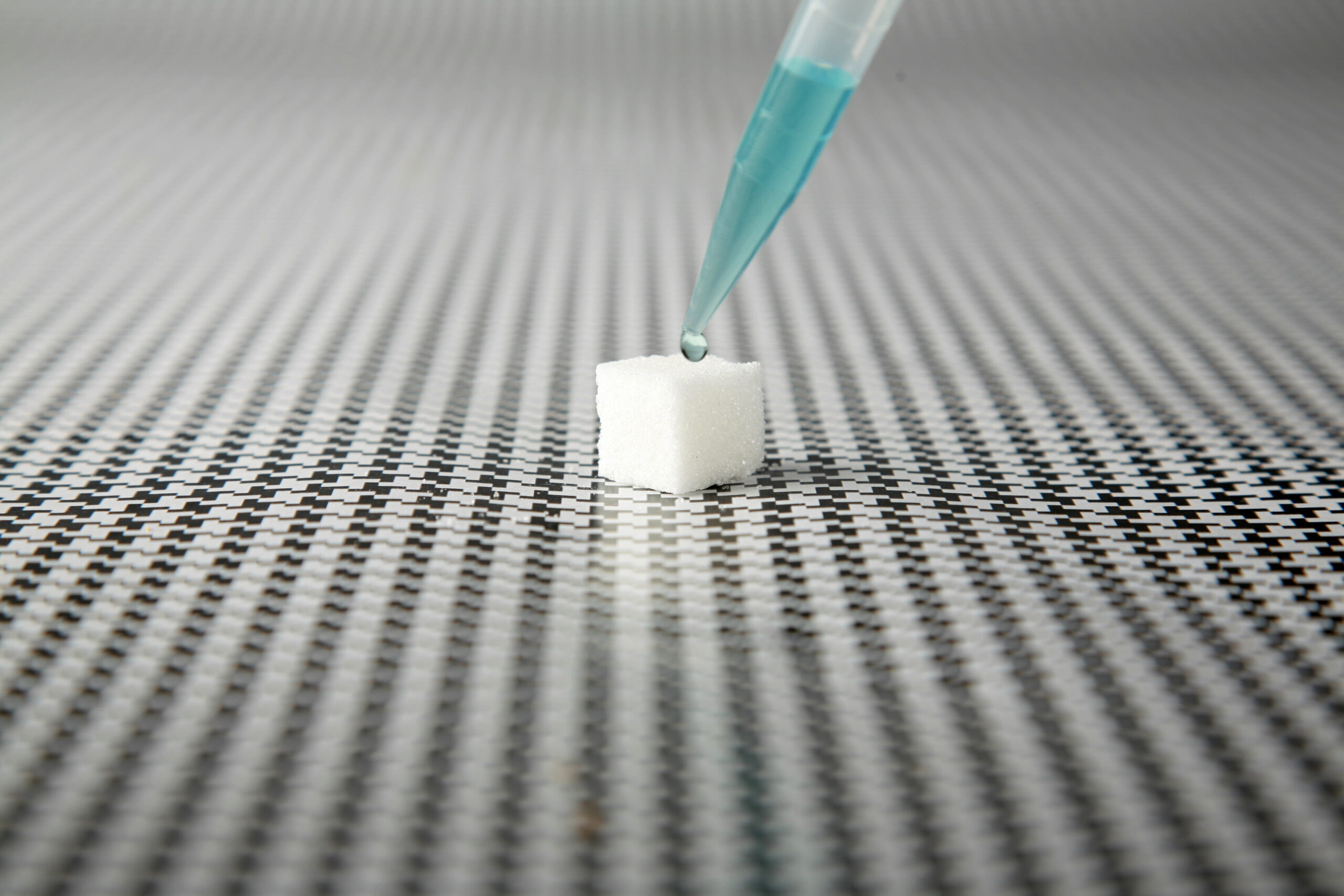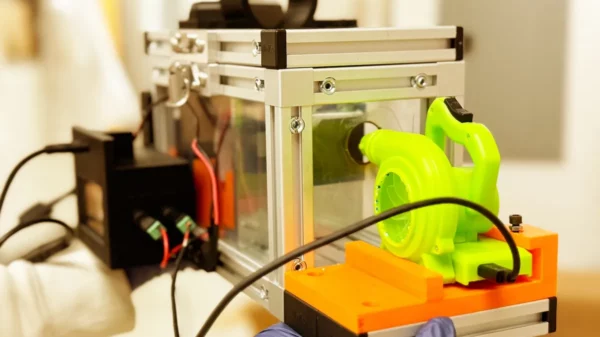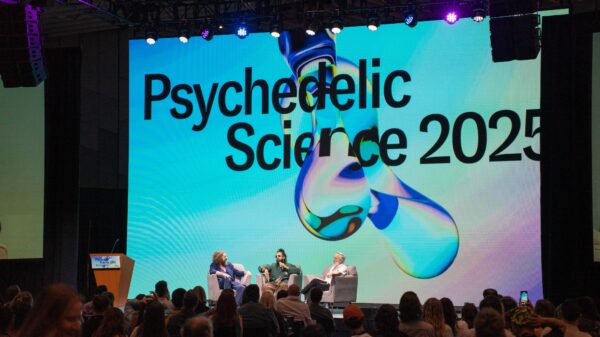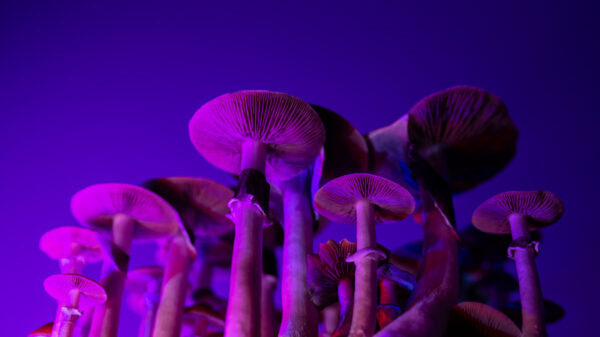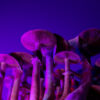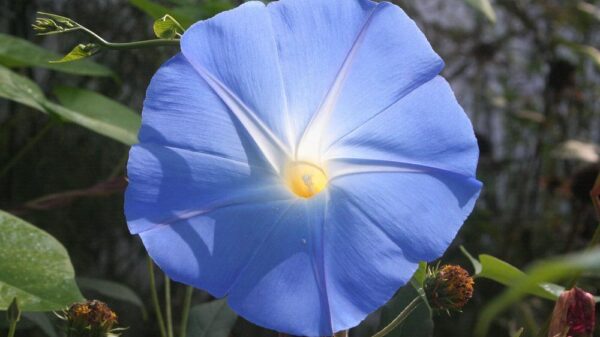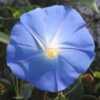In a new research initiative undertaken at the University of Chicago, scientists have uncovered a potential breakthrough in addressing mild to moderate depression using microdoses of lysergic acid diethylamide (LSD).
In light of conventional depression treatments exhibiting limited efficacy, there is a growing interest in alternative therapeutic avenues, with a particular focus on psychedelic compounds. Published in the journal Neuropsychopharmacology, this study delves into the antidepressant effects associated with low doses of LSD, introducing an innovative perspective in mental health care.
Depression continues to pose a significant challenge in mental health treatment, with standard therapies proving ineffective for a broad range of patients. This study takes a bold step into unexplored terrain by examining the potential benefits of microdosing LSD for individuals already grappling with depressive symptoms. As traditional treatments encounter constraints, alternative therapeutic approaches gain prominence. Psychedelic compounds are emerging as a focal point in the realm of mental health research.
While higher doses of psychedelic substances have shown promise when coupled with therapy, they bring inherent risks and demand substantial resources. Conversely, microdosing—a practice involving minute quantities of psychedelic substances—has gained traction. Prior studies predominantly involved healthy subjects, yielding mixed outcomes. The University of Chicago’s research aims to investigate the impact of low LSD doses on individuals reporting depressive symptoms. This marks a notable departure from prior studies.
Read more: Microdosing LSD could help you sleep better: MindBio Therapeutics
Read more: MindBio Therapeutics receives approval for LSD study for major depression
Significant findings and future implications
The study enrolled 39 healthy volunteers, aged 18 to 35, exhibiting varying levels of depression. Participants underwent two five-hour laboratory sessions, randomly receiving either a 26-microgram LSD dose or a placebo. In addition, sessions were spaced at least a week apart to ensure a double-blind study. The research incorporated diverse measures, including subjective mood and drug effects ratings, creativity tasks, emotional facial recognition tasks, cardiovascular assessments, and blood tests to quantify LSD levels.
Participants, irrespective of their depression levels, reported heightened LSD effects compared to the placebo and displayed a preference for its effects. Intriguingly, those with higher depression scores reported a noteworthy decrease in depression scores 48 hours after the LSD session in comparison to the placebo session. This suggests a potential sustained antidepressant effect of LSD, particularly for individuals already contending with depressive symptoms.
The study’s findings provide initial evidence that individuals with depressed moods may respond differently to a single LSD dose compared to their non-depressed counterparts. Nevertheless, the researchers underscore the importance of replicating and extending the study to diverse samples. While the study opens avenues for exploration, it underscores the need for further research into the potential antidepressant effects of LSD, considering variables such as dosage, repeated administration, and diverse demographic groups.
In a landscape witnessing the evolution of mental health treatments, this study introduces a compelling avenue for future investigations, instilling hope for individuals grappling with depression and potentially paving the way for a transformative shift in mental health care.
zartasha@mugglehead.com

